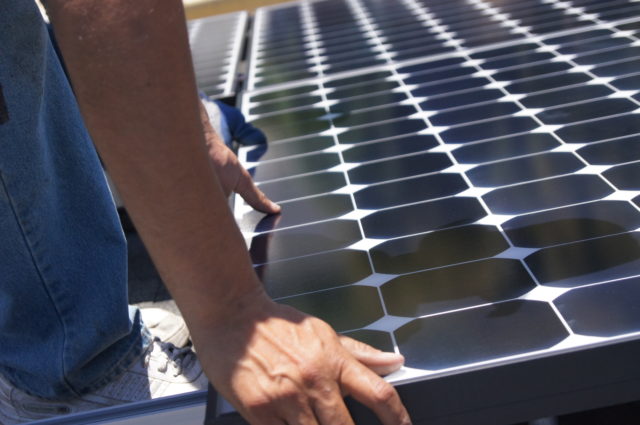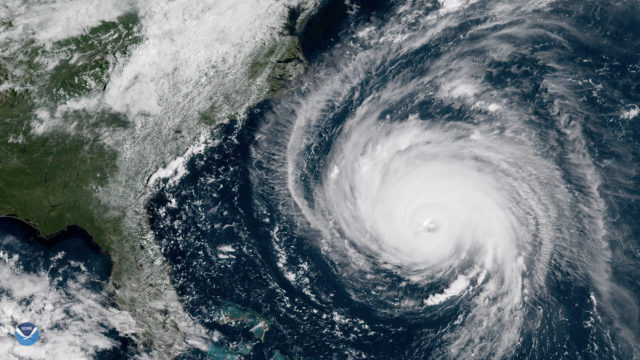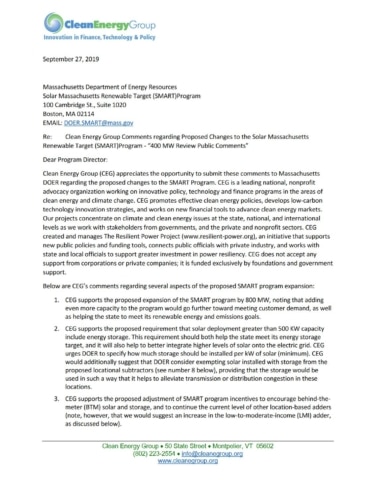This ESTAP webinar is the third in a multi-part energy storage webinar series will cover energy storage applications and economics. Numerous opportunities for revenue and cost savings have been identified for energy storage on both sides of the meter, including frequency regulation, demand charge management, arbitrage, ancillary services, T&D deferral and others. This webinar will look at when and where these opportunities exist, which services can be effectively “stacked,” how revenue-generating opportunities are sometimes limited due to market rules or utility tariffs, and what future opportunities might arise with changes in market rules and regulations.
This ESTAP webinar will provide an introduction to QuEST, an open-source software application suite for energy storage valuation. QuEST was developed by Sandia National Laboratories as a free, public tool to assist in energy storage valuation for various use cases.
In this webinar, East Bay Community Energy and Sunrun share details of a new project in California that will deploy solar and battery storage systems in low-income single-family and multifamily homes to offset the need for reliance on fossil-fuel powered peaker plants.
In this webinar, guest speakers from the Energy Storage Association and Wood Mackenzie Power and Renewables discussed FERC 841 compliance progress among the nation’s ISOs and RTOs.
Oregon and Rhode Island have been working on a series of community outreach initiatives in order to create accessibility to solar within the low- and -moderate-income communities. These various initiatives provide useful templates for similar initiatives in other parts of the country.









Comments by Clean Energy Group to MA DOER on proposed Clean Peak Energy Portfolio Standard – 225 CMR 21
Clean Energy Group comments to MA DOER on Oct. 31, 2019 on Proposed Clean Peak Portfolio Standard.